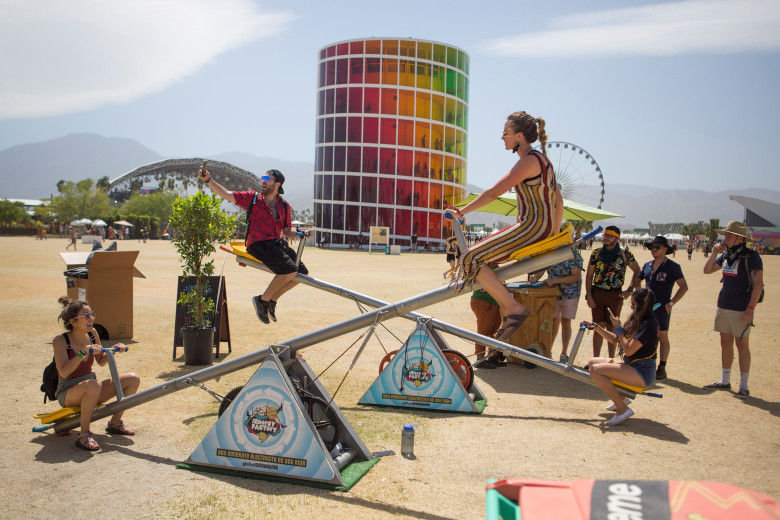

(2) Temporary judges and referees must file a statement in each case in which they are appointed that provides the name, telephone number, and mailing address of a person who may be contacted to obtain access to any documents or exhibits submitted to the temporary judge or referee that would be open to the public if filed or lodged with the court. (1) Documents and exhibits in the possession of a temporary judge or referee that would be open to the public if filed or lodged with the court must be made available during business hours for inspection by any person within a reasonable time after request and under reasonable conditions. (d)Ěccess to documents and exhibits in matters before temporary judges and referees (Subd (c) amended effective Januadopted as subd (b) effective Janupreviously amended and relettered effective Jpreviously amended effective January 1, 2007.) On request of the temporary judge or referee, the clerk must deliver exhibits filed or lodged with the court to the possession of the temporary judge or referee, who must not release them to any person other than the clerk, unless the court orders otherwise.

(2) If proceedings are conducted by a temporary judge or a referee outside of court facilities, the temporary judge or referee must keep all exhibits and deliver them, properly marked, to the clerk at the conclusion of the proceedings, unless the parties file, and the court approves, a written stipulation providing for a different disposition of the exhibits. The clerk must require a signed receipt for a released exhibit. (1) The clerk must not release any exhibit except on order of the court. (Subd (b) amended effective Januadopted effective Jpreviously amended effective January 1, 2007.) (4) A party that has submitted a document to a temporary judge or referee must immediately notify the temporary judge or referee if the document is not accepted for filing by the court or if the filing is subsequently canceled. (3) If a document would ordinarily be filed with the court after it is submitted to a judge or if a party submits an ex parte application, the party that submits the document or application to a temporary judge or referee must file the original with the court no later than the next court day after the document or application was submitted to the temporary judge or referee and must promptly provide a filed-stamped copy of the document or application to the temporary judge or referee. (2) If a document must be filed with the court before it is considered by a judge, the temporary judge or referee must not accept or consider any copy of that document unless the document has the clerk's file stamp or is accompanied by a declaration stating that the original document has been submitted to the court for filing. The filing party must provide a filed-stamped copy to the temporary judge or referee of each document relevant to the issues before the temporary judge or referee. (1) All original documents in a case pending before a temporary judge or referee must be filed with the clerk in the same manner as would be required if the case were being heard by a judge, including filing within any time limits specified by law and paying any required fees. (b) Original documents filed with the clerk duplicate documents for temporary judge or referee

(Subd (a) amended effective Janupreviously amended effective July 1, 1993, January 1, 2007, January 1, 2008, and January 1, 2009.) No original court records may be used in any location other than a court facility, unless so ordered by the presiding judge or his or her designee. Unless otherwise provided by these rules or ordered by the court, court records may only be inspected by the public in the office of the clerk and released to authorized court personnel or an attorney of record for use in a court facility. Only the clerk may remove and replace records in the court's files.


 0 kommentar(er)
0 kommentar(er)
